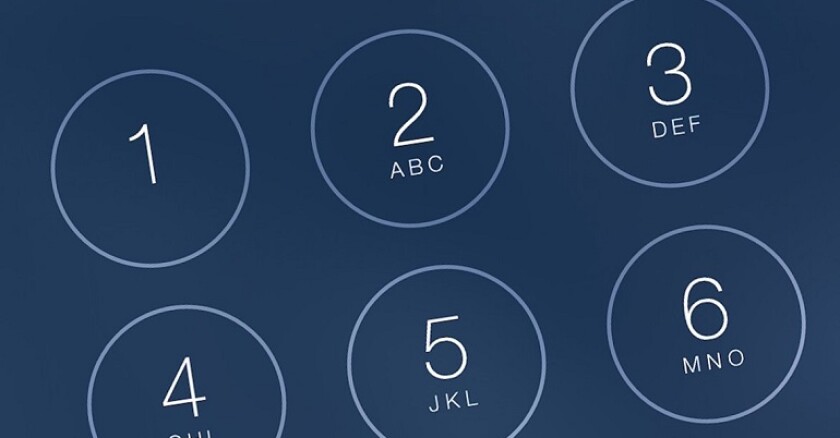Criminals have found ways to compromise public USB charging ports, allowing them to infect devices with malware and gain unauthorized access to users' phones, tablets and computers, according to a recent Tweet from the FBI.
CYBERSECURITY: Gov. Abbott's vision for San Antonio: 'Cybersecurity Capital of Texas'
"Avoid using free charging stations in airports, hotels or shopping centers," according to a Twitter post from the FBI's Denver field office. "Bad actors have figured out ways to use public USB ports to introduce malware and monitoring software onto devices. Carry your own charger and USB cord and use an electrical outlet instead."
This warning brings attention to the risk of "juice jacking," a tactic hackers use to trick people into downloading malicious mobile apps. It typically takes place in public areas where mobile devices are charged via USB cables. The aim is to infect victims' devices with malware or to steal sensitive data, such as credit card numbers.
It wasn't immediately clear whether scammers also have been targeting paid charging stations, such as those found in busy gaming and family fun center chains.
The recent number of reports showed an increasing trend in cyber-theft cases. Last year, Americans lost $10.3 billion to online scams, the FBI reported. The bureau's website offers additional tips for protecting oneself from such cyberattacks.
The Houston Airport System did not immediately respond to a request for comment on the security of its many public charging stations.
© 2023 the Houston Chronicle. Distributed by Tribune Content Agency, LLC.














